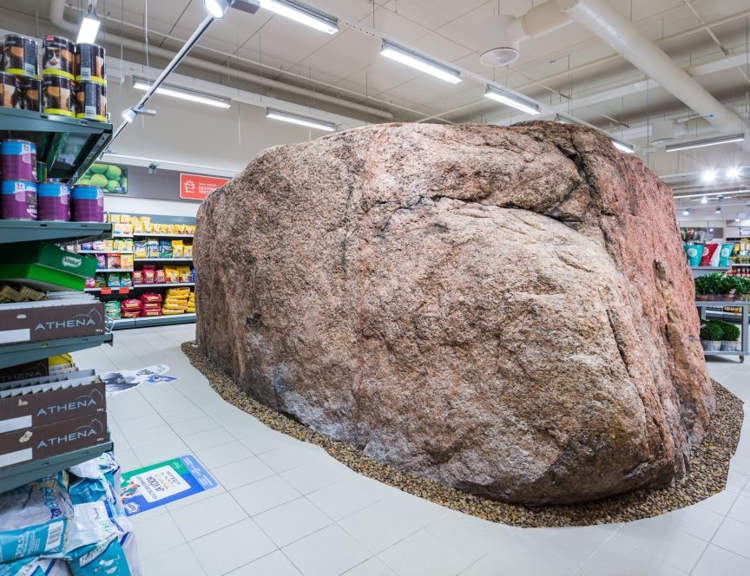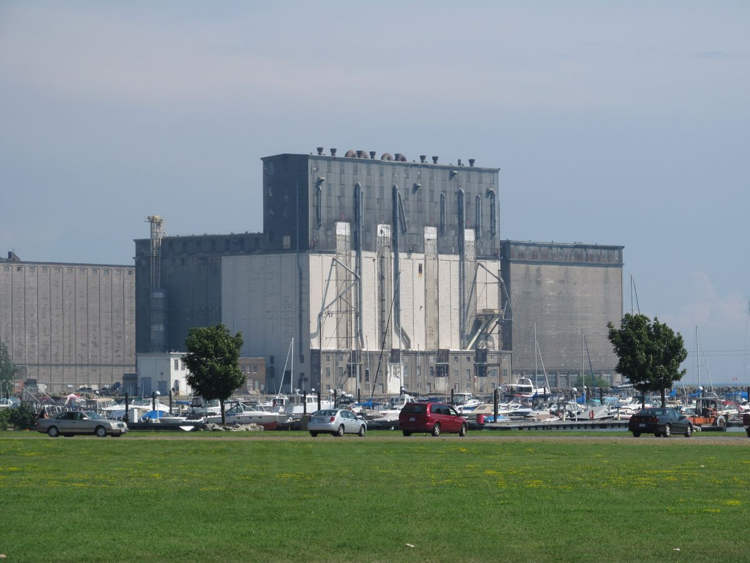Venezuela is one of the last places you would expect to find a picturesque German alpine village, and yet… La Colonia Tovar, also known as ‘The Germany of the Caribbean’, is conspicuous for its white houses with timbers and red roofs surrounded by flower gardens, carefully tended fields and creeks with water mills, and its hearty German cuisine of sausages and sauerkraut and large slices of black forest cake followed by a cold pint of beer.
It’s hard to imagine such a place actually exists in a South American country with a predominantly tropical climate, like Venezuela. But travel north to the state of Aragua, about 1,800 meters up in the forests of the Cordillera de la Costa, and you’ll reach this quaint little town reminiscent of alpine Germany. Founded in 1843 by a group of 300-odd immigrants from the Schwarzwald (the Black Forest) of the Grand Duchy of Baden, on the eastern bank of the Rhine River, the town still maintains the original cultural imprint of this centuries-old community.

Interestingly, La Colonia Tovar was relatively unknown for the first 100 years of its existence. The founders intended to maintain the authenticity of their culture and tradition for as long as possible. So they built houses that retained the distinctive architecture from back home in Baden. They continued to speak Badische, the Baden dialect, and kept their food and clothing habits intact.

The town’s environmental setting helped in its isolation – it was only connected to Caracas by river. Ignored by neighbors, the town grew more and more self-sufficient, with residents governing themselves as though they had never left Germany. Their main source of livelihood came from selling produce, coffee, and other goods to neighboring towns and cities, for which they learned Spanish. But they largely kept to themselves, building their own churches and schools, and even marrying within the community.

Things changed during World War II, when war was declared against Germany. Government officials in Venezuela began to view the little community with suspicion and started keeping a close eye on it. Roads were improved so officials could travel to and from La Colonia Tovar with ease and Spanish was established as the official language, while German was banned.

The isolation eventually ended in the 1960s, with a proper paved road connecting La Colonia to Caracas. The inhabitants of La Colonia began to integrate into Venezuelan culture while still managing to preserve their own. They spoke Castilian with ease, but also retained their knowledge of Alemannic, a German dialect. While exogamous marriages became more common, they did not lose their unique craftsmanship. The Academic Center of Violin is dedicated to preserving the local music, training students in the art of manufacturing, maintaining, and repair of symphonic instruments.

The integration, combined with the cultural preservation, has led to significant economic development in La Colonia Tovar. With a population of over 15,000, it is now considered one of the country’s richest towns in terms of economy as well as quality of life.

La Colonia Tovar is located 40 miles to the west of Caracas, the capital of Venezuela. Thanks to the misty, mountainous climate, it is frequently visited by tourists looking for a day trip or a weekend away from hectic city life. One of the most notable landmarks in the tiny village is St. Martin’s Church, built in 1863. It is an exact copy of the church of Endingen in Germany, and known for its unusual L-shaped structure, a floor plan that was designed to keep men and women segregated during service. The church is also home to a museum with documents and artefacts dating back to the early days of the colony.
The village is also well known for its cuisine, consisting of dishes made exclusively from locally grown strawberries, blackberries, and apricots. Local restaurants serve famous desserts such as strudels, gugelhupf, cakes, and churros. The local brewery, La Cerveceria Tovar, offers beer brewed according to the German Purity Law, still retaining the taste of the motherland.
Photos: Wikimedia Commons
Sources: Wikipedia, The Beachside Resident






